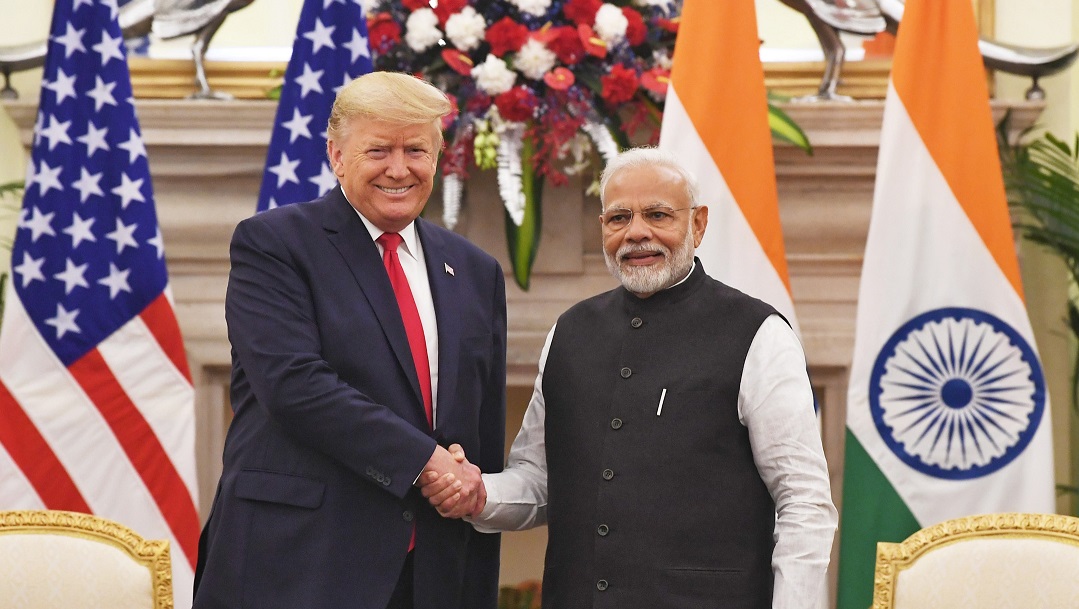
India-US Mini Trade Deal to Be Announced Tonight
India and the United States are set to announce a mini trade deal by 10 pm IST tonight, signaling a breakthrough in long-stalled bilateral trade discussions. The deal is expected to bring temporary relief on select tariffs, especially in key export-driven sectors, and will act as a precursor to a larger, more comprehensive agreement likely to be negotiated later this year.
Mini Trade Deal
The agreement comes against the backdrop of a looming deadline tied to U.S. tariffs on Indian exports, particularly a 10 to 26 percent duty range that was temporarily suspended. As both countries sought to avoid an escalation in trade tensions, negotiators fast-tracked a limited-scope arrangement to offer immediate gains without entering sensitive political terrain like agriculture and dairy.
The mini deal is likely to focus on labour-intensive Indian sectors such as textiles, leather, and garments, which could receive tariff relaxations or quota extensions. In exchange, India may offer zero or reduced tariffs on selected U.S. industrial exports. The exclusion of farm goods and genetically modified crops from the deal highlights the continued resistance in India to American demands on agri-diplomacy fronts.
Tariff Relief
The core objective of the deal is to delay or neutralize tariff reimpositions that were set to activate by July 9. While no complete rollback is expected, a status quo arrangement will be maintained on tariffs that were suspended during earlier rounds of dialogue. Indian exporters have already seen an uptick in inquiries from U.S. buyers anticipating relaxed duties on garments and specialty leather goods.
Trade Extension
This interim arrangement provides both sides with strategic breathing room. Officials in New Delhi and Washington are expected to reconvene post-monsoon for a comprehensive trade pact that may finally address long-standing irritants including market access for dairy, GM crops, and digital trade norms. Until then, the mini trade deal ensures continuity in bilateral trade and reduces uncertainty for stakeholders on both sides.

















